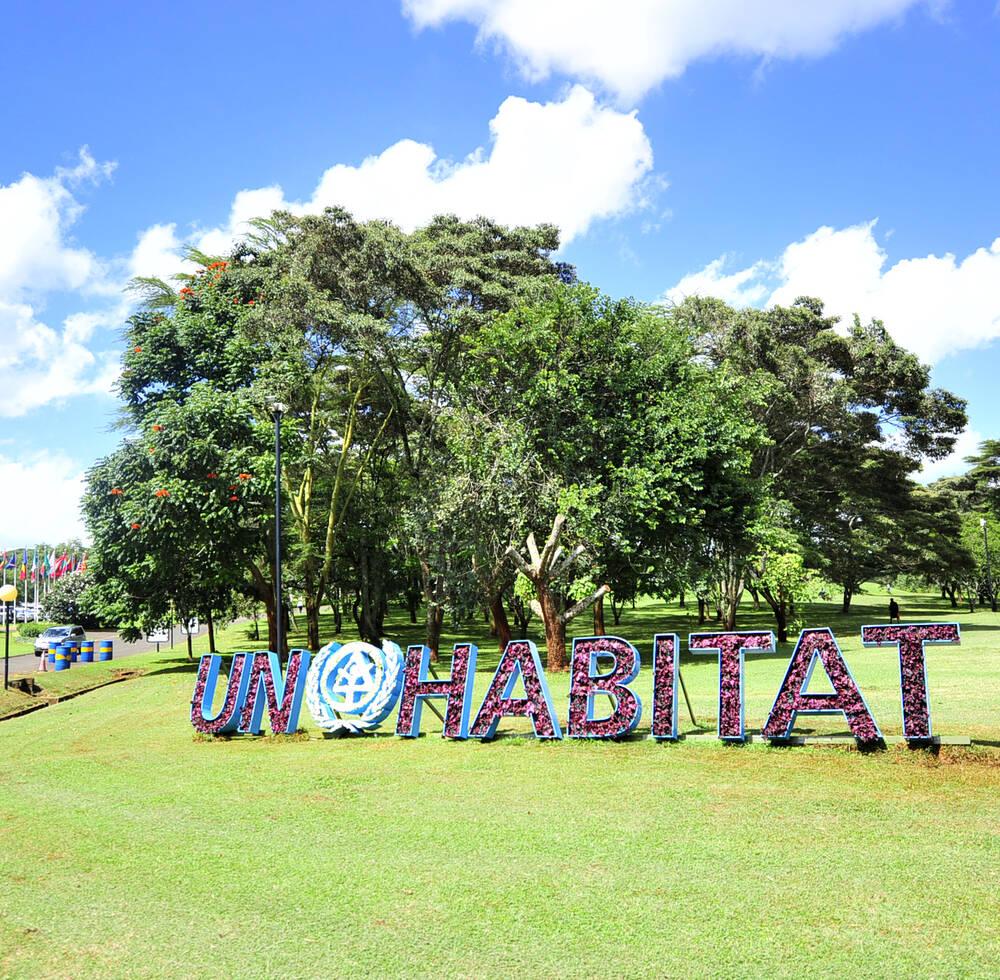- Kenya is set to host the second United Nations Habitat Assembly where policymakers will discuss and formulate strategies to drive sustainable urbanization of the world.
- The assembly will take place between June 5th and 9th and is expected to bring together representatives from member states, civil society organizations, as well as several Heads of States and ministers.
- Discussions will center on sustainable urban development, including affordable housing, urban climate action, urban crises response, local action to achieve SDGs, and financing for sustainable urban development.
The second edition of the United Nations Habitat Assembly is set to take place in Nairobi in June to discuss strategies for sustainable urbanisation as well as affordable housing, a key agenda of the Kenya Kwanza administration.
The Assembly, which is a body of the UN comprising 193 member states, will take place in Nairobi from June 5th to 9th and is expected to bring together representatives from member states, civil society organizations, as well as several Heads of States and ministers.
The Assembly usually convenes once in four years to discuss issues on policy work while also reviewing emerging agendas and trends affecting human settlements and urbanization across the world.
”The Assembly is an important platform for Member States and stakeholders to come together and discuss strategies for sustainable urbanization,” said Maimunah Mohd Sharif, Executive Director of UN-Habitat. “We look forward to a productive and fruitful Assembly that will help accelerate progress towards achieving our common goals of sustainable urban development,” she explained.
The theme for the Nairobi meeting is “A sustainable urban future through inclusive and effective multilateralism: achieving the Sustainable Development Goals in times of global crises.”
The global talks will center on issues of sustainable urban development, including affordable housing, urban climate action, urban crises response, local action to achieve the Sustainable Development Goals and financing for sustainable urban development.
Read: Green Hydrogen: Africa’s new kid on the block in energy mix
The Assembly will provide a platform for member states and stakeholders to share their views and adopt guidelines and recommendations to progress toward achieving sustainable urban development.
The First United Nations Habitat Assembly took place in 2019 in Nairobi, Kenya. The Assembly is being hosted by the government of Kenya in collaboration with the United Nations Human Settlements Programme (UN-Habitat).
A report from the UN-Habitat indicates that the urban population in Africa increased from 15 percent of the
population in 1960 to 40 percent in 2010, and is projected to reach 60 percent in 2050. The urban populations in Africa are expected to triple in the next 50 years, transforming the profile of the region.
According to the organisation, Africa will experience a “population bonus” based on the structure of its “population pyramid” which has a broader base than any other continent in the world. This will provide a young population to support growth in cities in the coming decades, if they are provided with the skills, jobs and services necessary to contribute to the economy.
In terms of policy, a declining youth population in other continents means that societies will need young people to support the older ones in existing roles, but in Africa this means that opportunities for young people must be prepared in advance.
Africa’s youthful population
The increase in youth population in Africa, the report states, is an opportunity but also pose as a challenge. Countries and cities must be able to provide jobs and growth for youth. Harnessing this demographic
potential can be facilitated through leveraging on sustainable urbanisation which provides for agglomeration of economies, innovation, increased capacity and economic opportunities.
“Africa will need to create urban economic agglomerations to support three times the current population in 2050. Africa is currently experiencing a decline in industrialization whilst the service sector is growing fast and unable to cater for the employment demand. Africa is also urbanizing with a lower GDP per-capita than other regions, so there are basic constraints such as unemployment, social exclusion and poverty,” the report explains.
UN-Habitat is the United Nations entity responsible for sustainable urbanization. It has programmes in over 90 countries that support policymakers and communities to create socially and environmentally sustainable cities and towns. UN-Habitat promotes transformative change in cities through knowledge, policy advice, technical assistance, and collaborative action.
